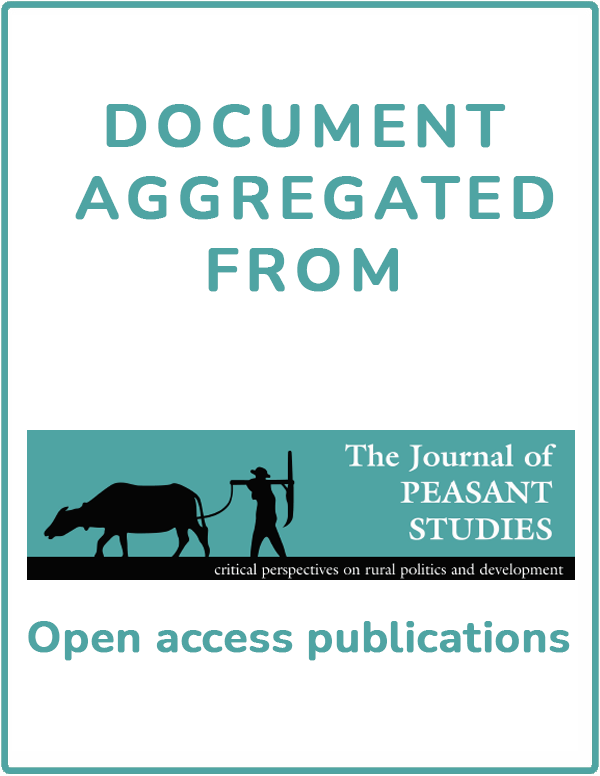Capital, labor, and gender: the consequences of large-scale land transactions on household labor allocation
Contemporary large-scale land transactions (LSLTs), also called land grabs, are historically unprecedented in their scale and pace. They have provoked robust scholarly debates, yet studies of their gender-differentiated impacts remain more rare, particularly when it comes to how changes in control over land and resources affect women's labor, and thereby their livelihoods and well-being.


